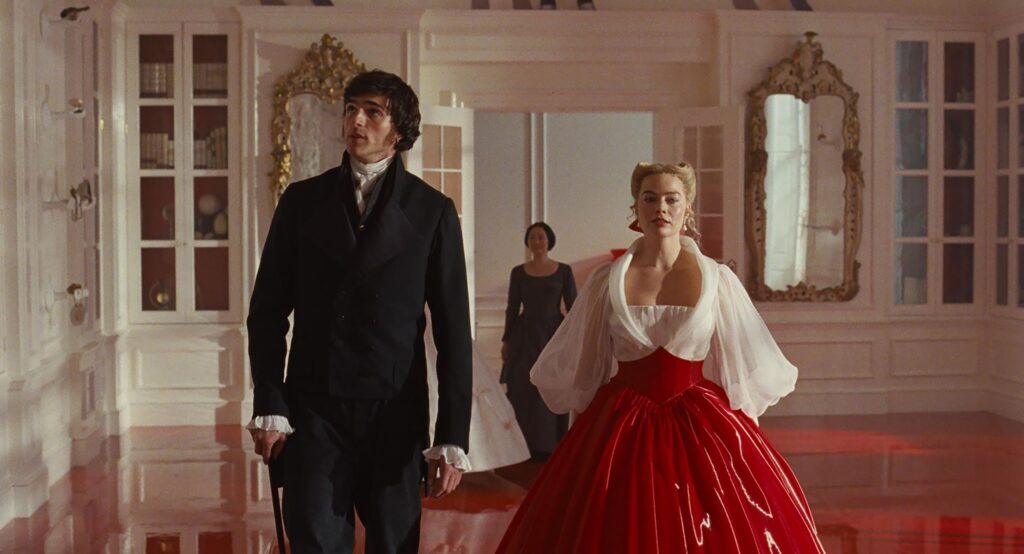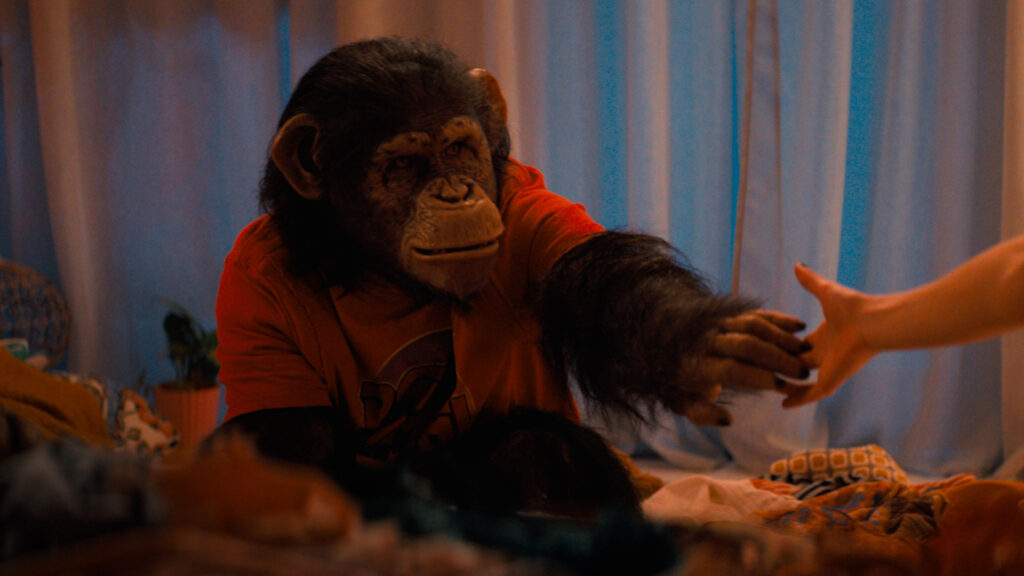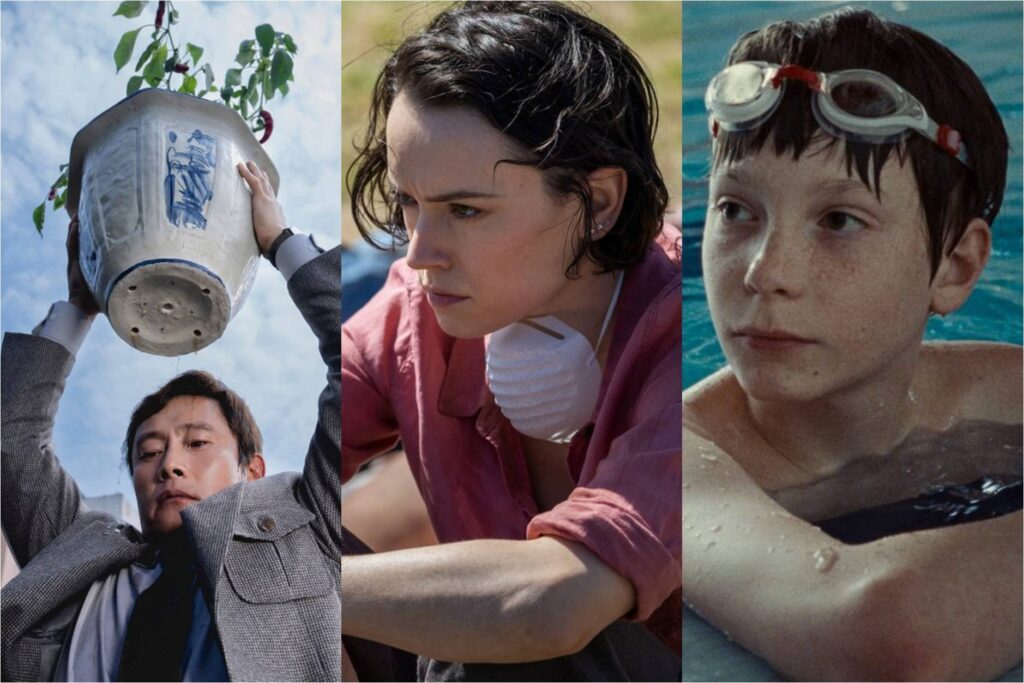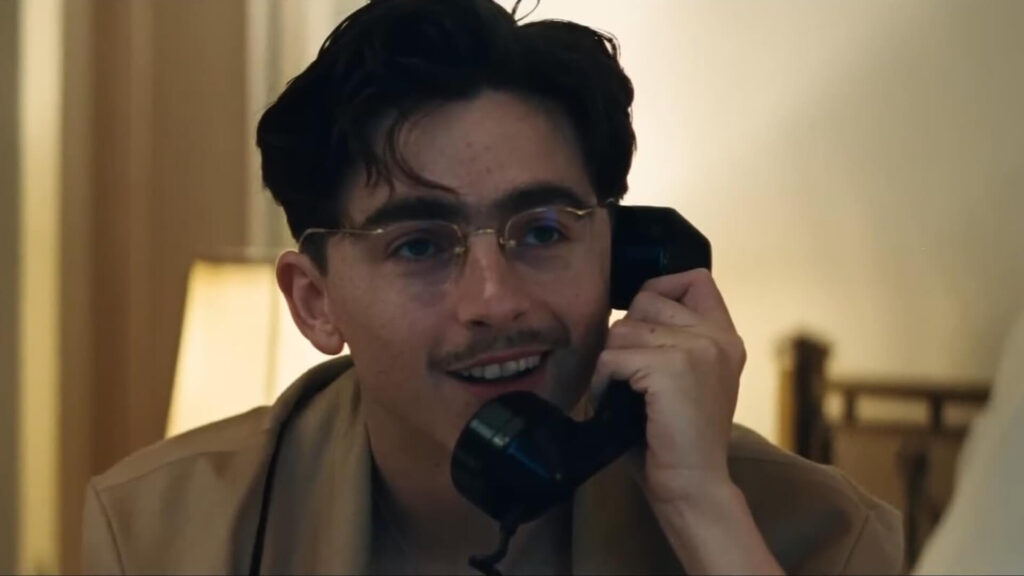Wuthering Heights review: Promising Stung Woman

In the opening scene of Emily, Charlotte Brontë disparages Wuthering Heights as “an ugly book, base and ugly.” Emerald Fennell must have missed that memo. To be sure, this umpteenth screen adaptation of Emily Brontë’s novel is suffused with crude, primal emotions: lust, hatred, anguish, cruelty, more lust. But because Fennell fancies herself one of modern cinema’s most flamboyant stylists, her version clothes this vulgarity in beauty and extravagance. This is not your literature professor’s Wuthering Heights; this is more of the music-video edition.
Does that make it sacrilegious or sensible? Maybe a bit of both. I am not sure we needed another update of Brontë’s classic, much less one so high-strung and turgid. At the same time, if you are going to reimagine an article of the literary canon, you may as well do so with some flair. Fennell’s first two movies, Promising Young Woman and Saltburn, were original conceits, (arguably) teeming with provocative ideas and piercing insights into contemporary class and gender. Now pivoting from the freedoms of invention to the constraints of adaptation, she has redirected her inflammatory instincts away from theme and toward feverish form. The results may not be great, but at least they’re distinctive. Read More




